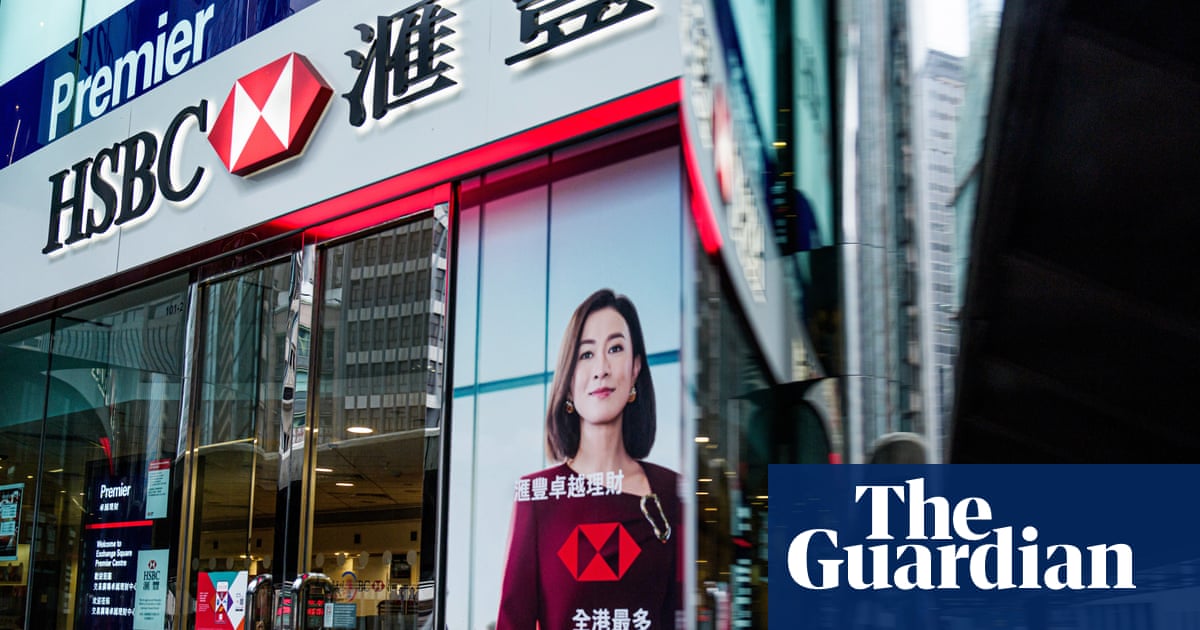HSBC's Shocking £10 Billion Bet on Hong Kong: Is This the Future of Banking?










2025-10-09T12:36:00Z

In a bold move that has turned heads across the banking world, HSBC is set to spend a staggering £10 billion to take its Hong Kong subsidiary private. This transformative decision underscores the bank’s ambition to tap into Hong Kong's pivotal role as a bridge between China and global markets.
As part of this historic deal, Hang Seng Bank will be delisted from the local stock exchange, with HSBC acquiring the remaining 36.5% of shares it doesn't already own. This transaction marks the largest bank acquisition in Hong Kong in over a decade and signals a significant wager on the future of Hong Kong and China, all while navigating the turbulent waters of criticism surrounding the Heng Seng Index's vulnerability to China’s real estate slump.
For HSBC, which generates the bulk of its profits from Hong Kong and China, this move is all about strategic positioning. The bank has been actively urging Hang Seng to shed bad debts linked to the faltering property sector. Georges Elhedery, HSBC’s chief executive, who stepped into his role just last year, emphasized that this acquisition represents a monumental investment in Hong Kong's economy, reinforcing the bank's commitment to the region as a global financial hub and a crucial connector between international markets and mainland China.
The backdrop to this deal is significant, coming less than a year after Elhedery initiated a sweeping company-wide overhaul that included hefty cost reductions and a geographical split of operations. There were even whispers of a potential HSBC breakup, which ultimately proved unfounded.
However, this substantial investment means that HSBC will pause any share buybacks for the next three quarters to bolster its capital reserves—essentially a financial safety net. This announcement, while financially prudent, has left some shareholders feeling disheartened, leading to a 5% drop in HSBC’s shares listed in London on Thursday.
AJ Bell's investment director, Russ Mould, captured the sentiment perfectly, likening frustrated shareholders to toddlers denied an extra cookie—clearly not thrilled about the temporary halt on buybacks. The bank's strategy is to pour its resources into acquiring minority stakeholders in Hang Seng Bank, aligning with its ongoing focus on Asia.
Despite the skepticism, this decision to invest in Hong Kong reflects a deeper strategy that makes sense. Yet, with recent leadership changes, including the departure of chair Mark Tucker, it also presents one of the steepest challenges Elhedery has faced since taking charge at HSBC.
 Malik Johnson
Malik Johnson
Source of the news: The Guardian